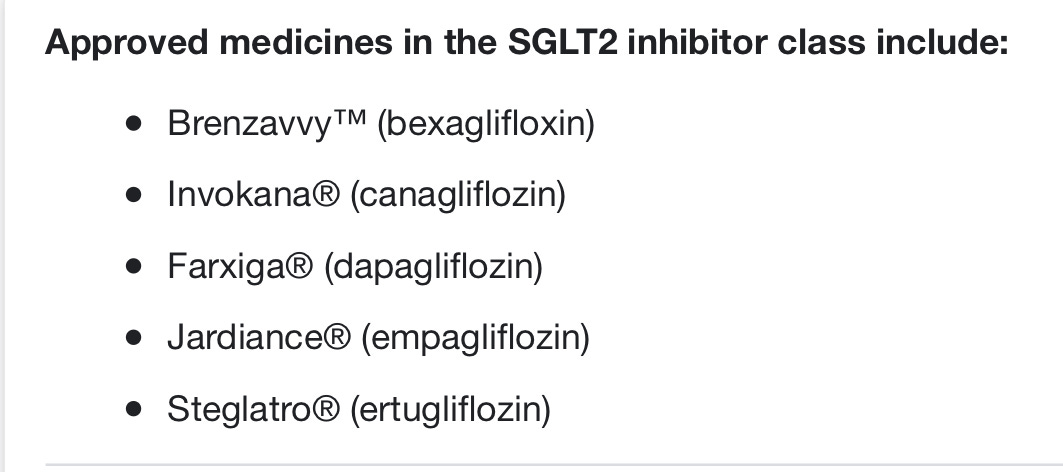I just read an interesting letter to the editor in the February 8 issue of the New England Journal of Medicine. A non-diabetic 60 year old man on probation had several urine tests done by his probation officer that were positive for ethanol (alcohol). This threatened to land him in jail. He called his primary care provider and a test collected at that office was negative for ethanol or its metabolites. But there was a significant level of glucose in his urine. He had been prescribed Jardiance (empagliflozin) for other reasons (it is heart protective).
SGLT2 inhibitors work by lowering the kidneys ability to reabsorb glucose. You can say that it stops the reabsorption of glucose that may filter out of the blood into the first-pass filtration stage of the kidneys. (Now, I’m just a country doctor and there may be more to it than this, but that’s the basic gist of this story...) That reabsorption, done because glucose is valuable, or at least was in ancient times - before obesity and diabetes epidemics - and not something to waste.
The problem is that if you have glucose in your urine and also yeast or bacteria, they can ferment the glucose to alcohol, just like yeast does when you make wine at home or in a winery - and bacteria are also involved there.
It turned out that the poor man’s urine sat around long enough in the probation office, and perhaps not properly refrigerated, that this process had time to take place, whereas the medical office processed the sample in a clinically correct manner.




